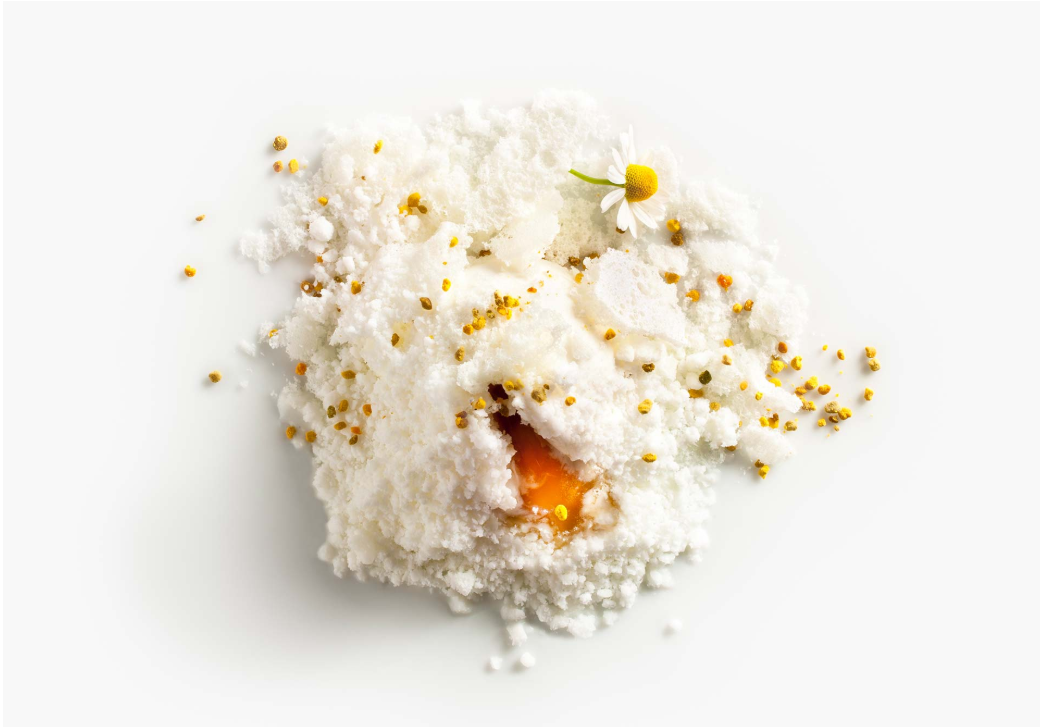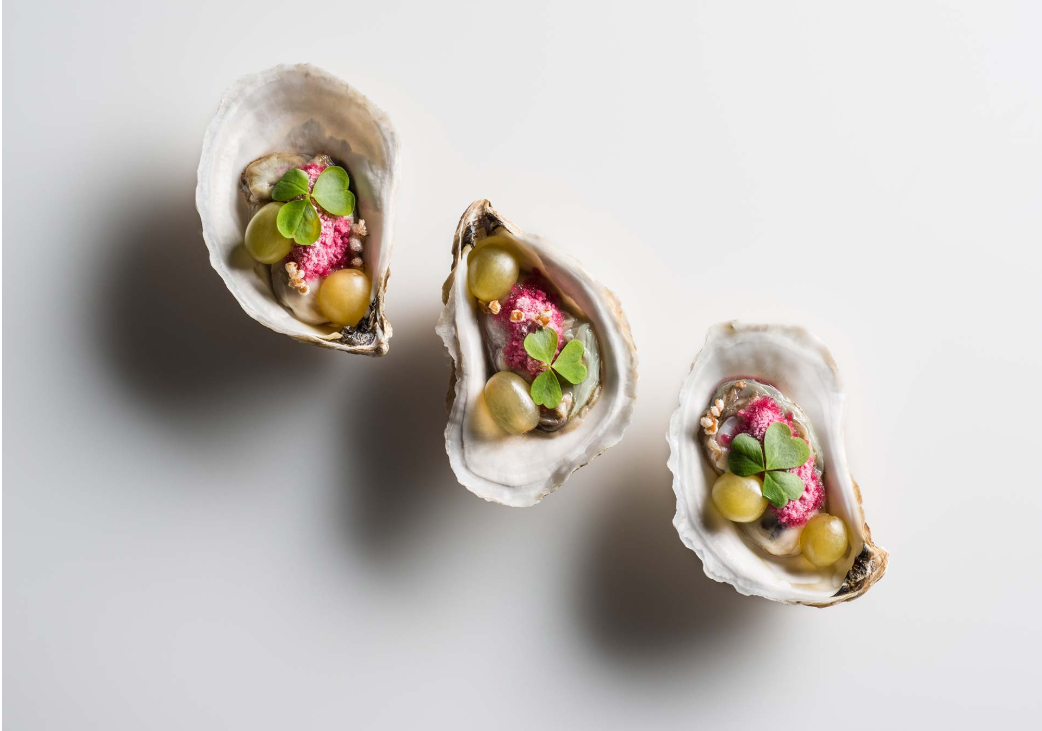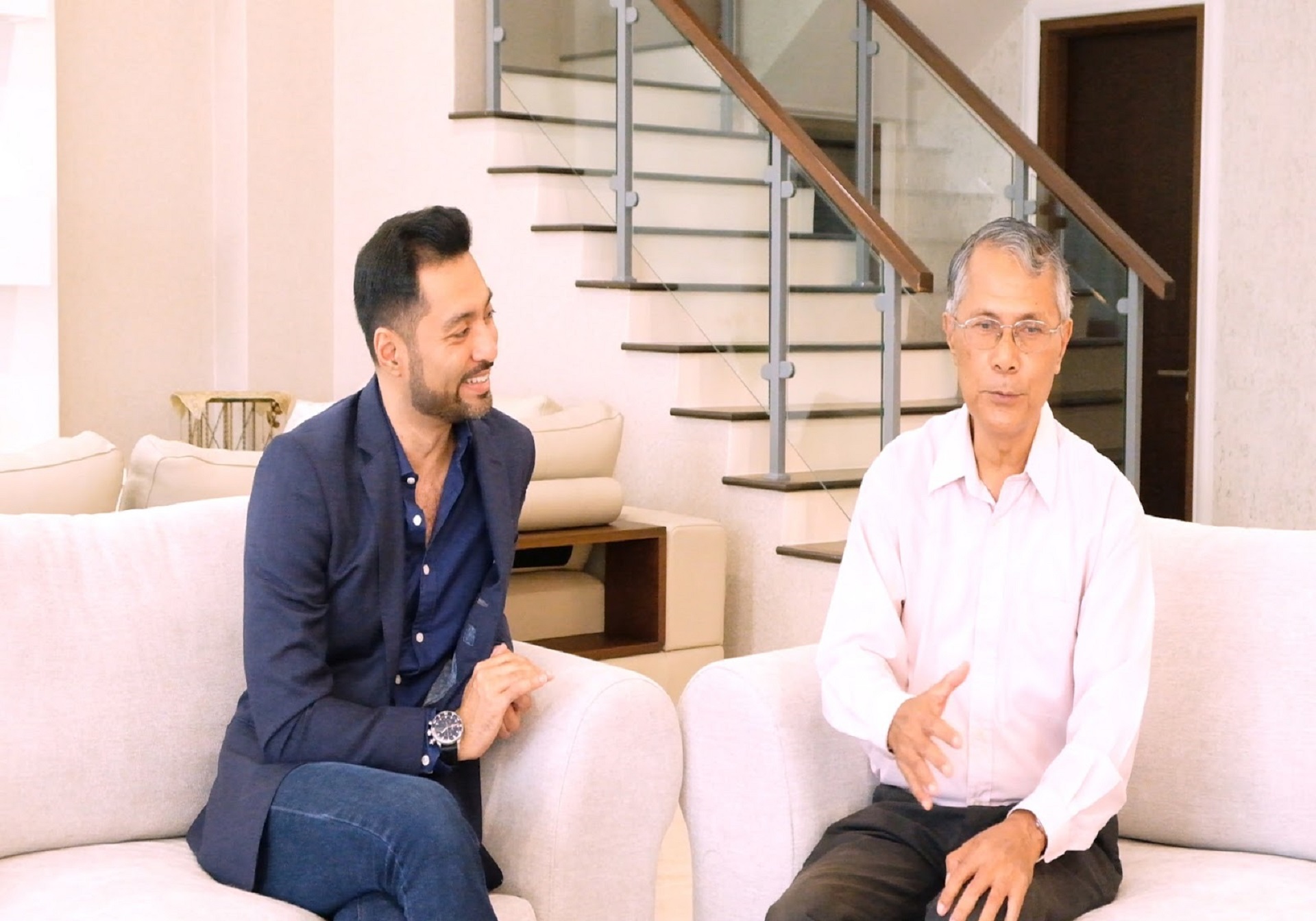Making Waves In The Global Culinary Scene
Casual chat with a Master Chef
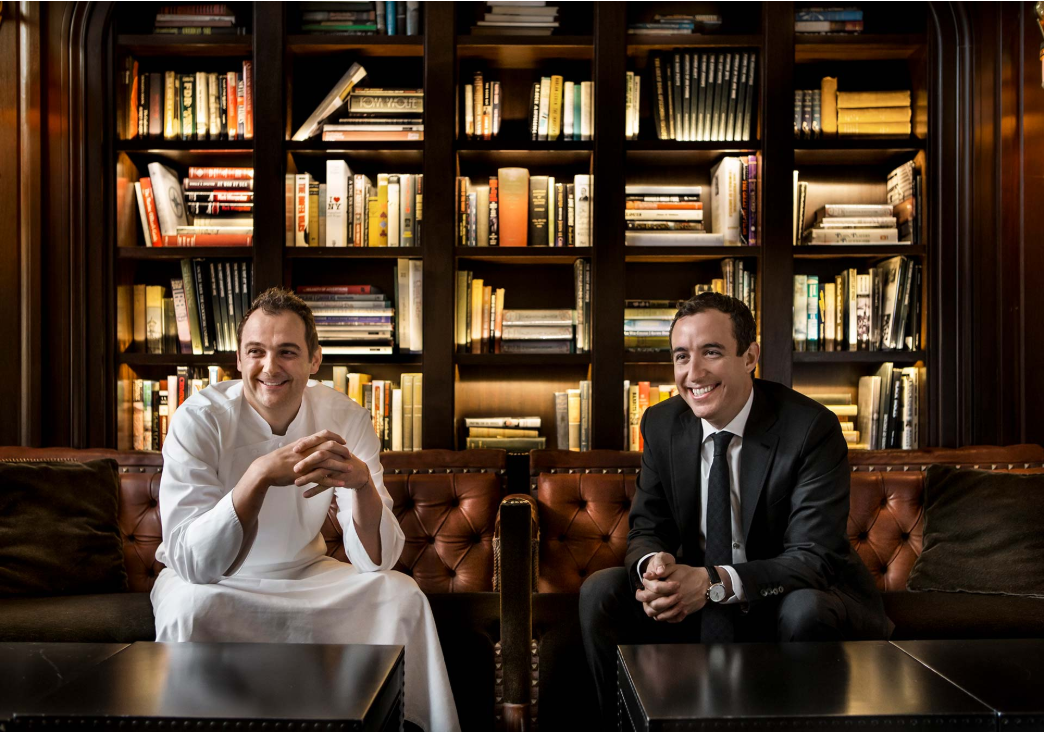
For Chef Daniel Humm, cooking is more than just a profession, it is a way of life.
Daniel Humm is making waves in the world culinary arts scene. Born in Switzerland, he dropped out of high school at 14, went on to be a professional cyclist, before finding himself in the world of cooking. For the chef and co-owner of Eleven Madison Park, The NoMad, and Made Nice, one needs to know the rules of cooking – before breaking them.
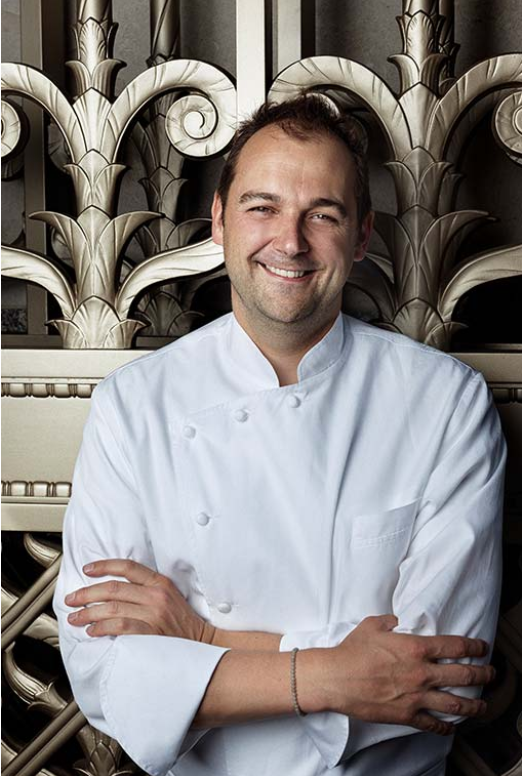
Eleven Madison Park has three Michelin stars and is #1 in the annual World’s 50 Best Restaurants list in 2017. What has changed for you and your restaurant since then?
We were all very humbled and honored to receive this award. We definitely have had an increase in traffic to our website and more guests wanting to make reservations, but otherwise, the award just gives us that added fuel to continue to push every day to be better, more creative and more collaborative.
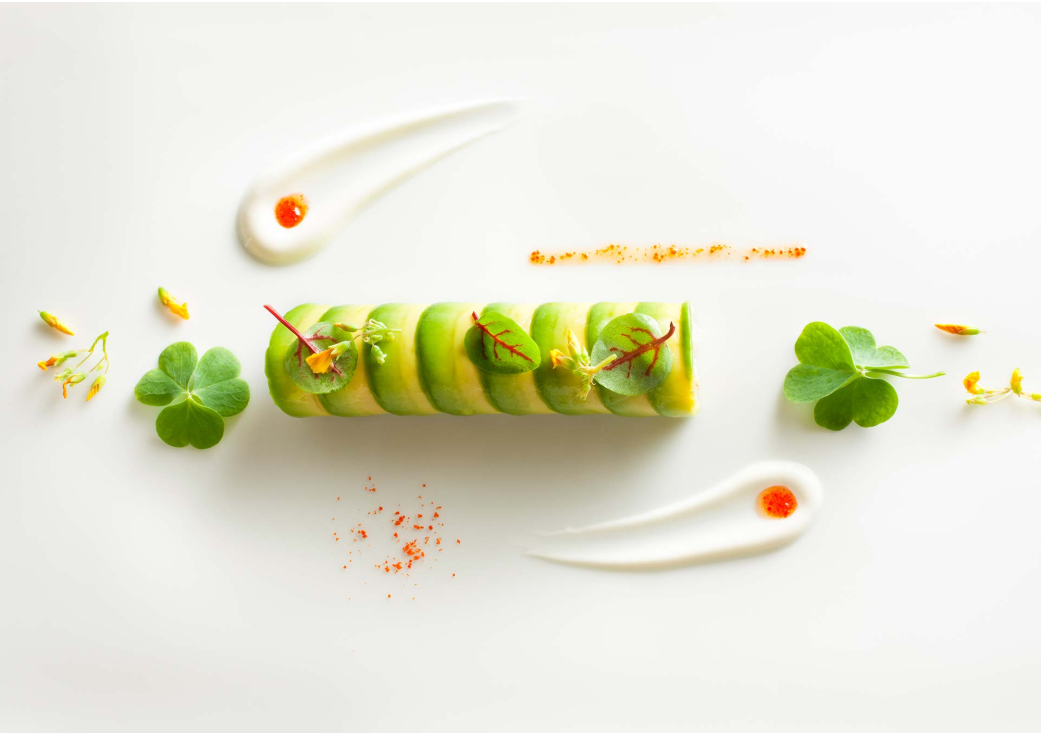
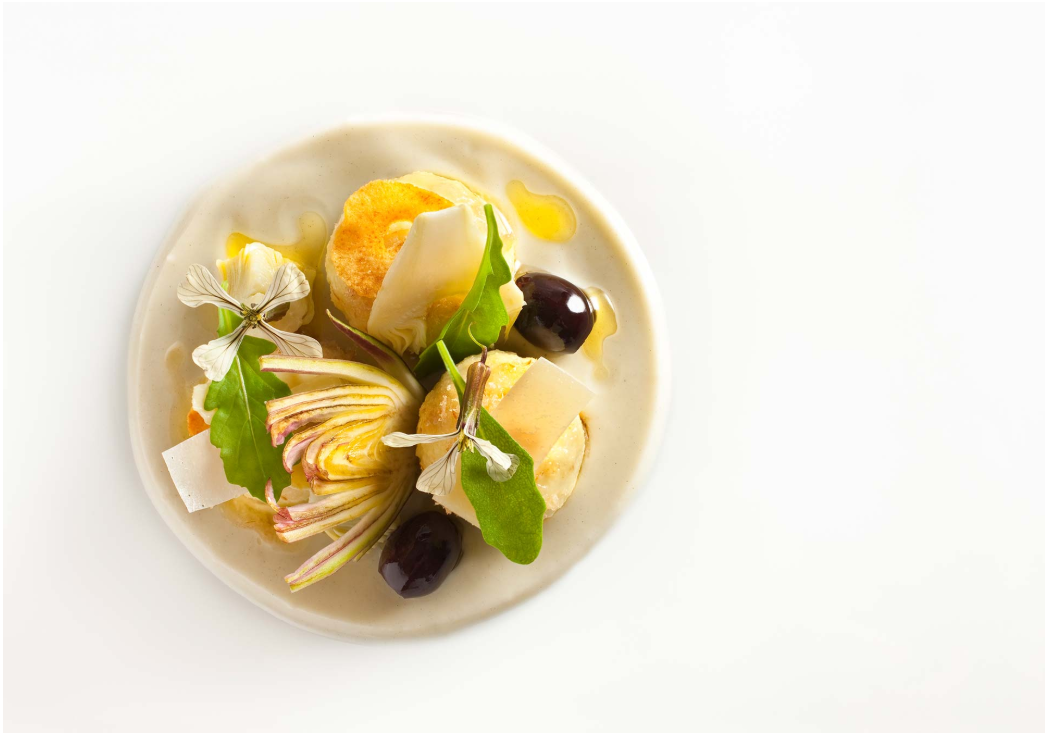
How can we tell that a dish is a Daniel Humm's creation?
Every dish my team and I work on must be four things -- beautiful, intentional, creative and delicious. These are the four fundamentals for any dish we serve at Eleven Madison Park. We also pay special attention to what’s in season and what is available locally in the New York area. We’re so lucky to have an amazing range of talented farmers, producers and artisans right in our backyard.
When you design a new menu, what are the 4 key elements you think about?
Beyond the 4 fundamentals I mentioned earlier, we’re always looking at how we can be more collaborative -- both in the kitchen and in the dining room. It’s always a process that begins with someone saying “Wouldn’t it be cool if…” and then ideas come together from there. We really push ourselves as a team to think creatively. For this spring, we want to celebrate the last 11 years at the restaurant before we renovate the space over the summer. So we came up with the most important 11 dishes over the course of 11 years. Some were critically popular, others were important to my career, or guest favorites. It was a really meaningful experience, being able to look back on all these dishes and see how far we’ve come.
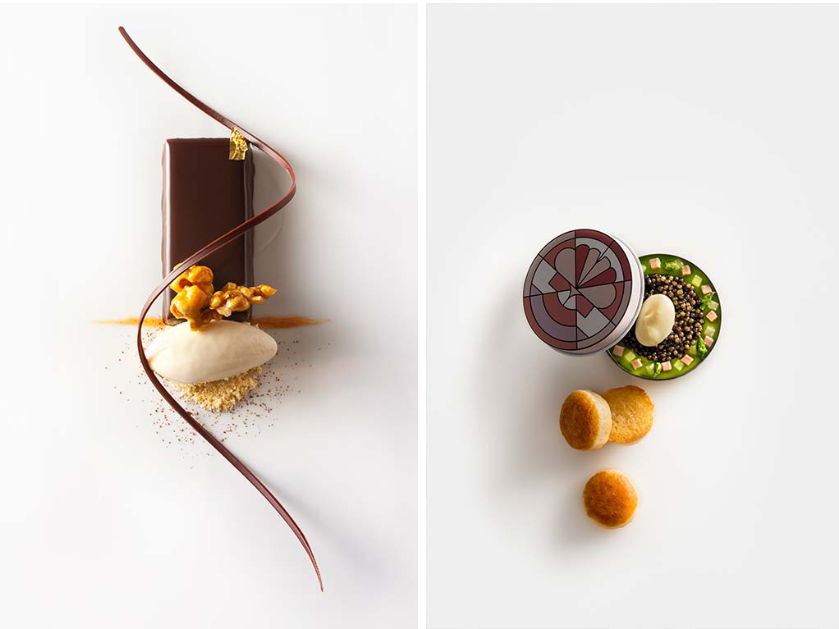
If you were asked to reduce fat and sodium in a menu, what would you do to maintain flavour in the dish?
Acid. I believe acid can be just as important as salt in a dish, if not more important. It provides balance, brightness, and can draw out flavors.
Has there ever been an ingredient that you weren't able to master and have given up on?
There is plenty I can still learn and many cuisines that are outside my realm of expertise, but that's a beautiful thing about cooking. You are never done learning.
Is there one food that you're secretly obsessed with and why?
Peanut Butter M&Ms, because they are undeniably delicious.
Do you have a favourite tool in the kitchen, something that you may feel incomplete if you didn’t have it with you? And why?
The cake tester. It's a remarkably simple tool, but it is the best thing to have on hand to quickly check the temperature of doneness of so many ingredients.
When you recall the time when you first started as a chef, what do you miss the most?
The learning from others, from my mentors, those were special moments. Now I get to be the one to teach others which is equally special though.
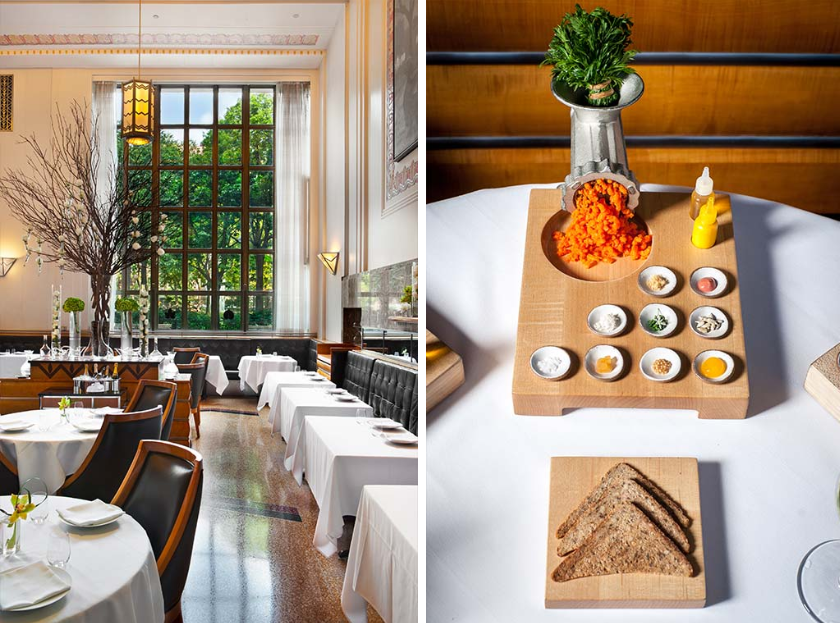
Tell us about an accomplishment that you are most proud of in your career?
I think for me as a chef, I’ve felt the most confident in my career just over these past few years. When I started out 25 years ago, I was so focussed on impressing by adding techniques, ingredients, and layers to a dish. Now I feel like I’m at a point in my career where I’ve really evolved and I’ve realized that simplicity in a dish is really what shows confidence. When you have less on the plate, every ingredient has a distinct purpose and intention.
Who are your mentors/role models in the culinary world and why?
My mentor, Chef Gerard Rabaey is one of my biggest inspirations. I was lucky to work for him for six years at Le Pont de Brent in Switzerland when I was first starting my career. I was always so impressed with his drive and the high standards he held everyone to. He taught me the importance of organization, precision and excellence and gave me the foundation to run my own kitchen.
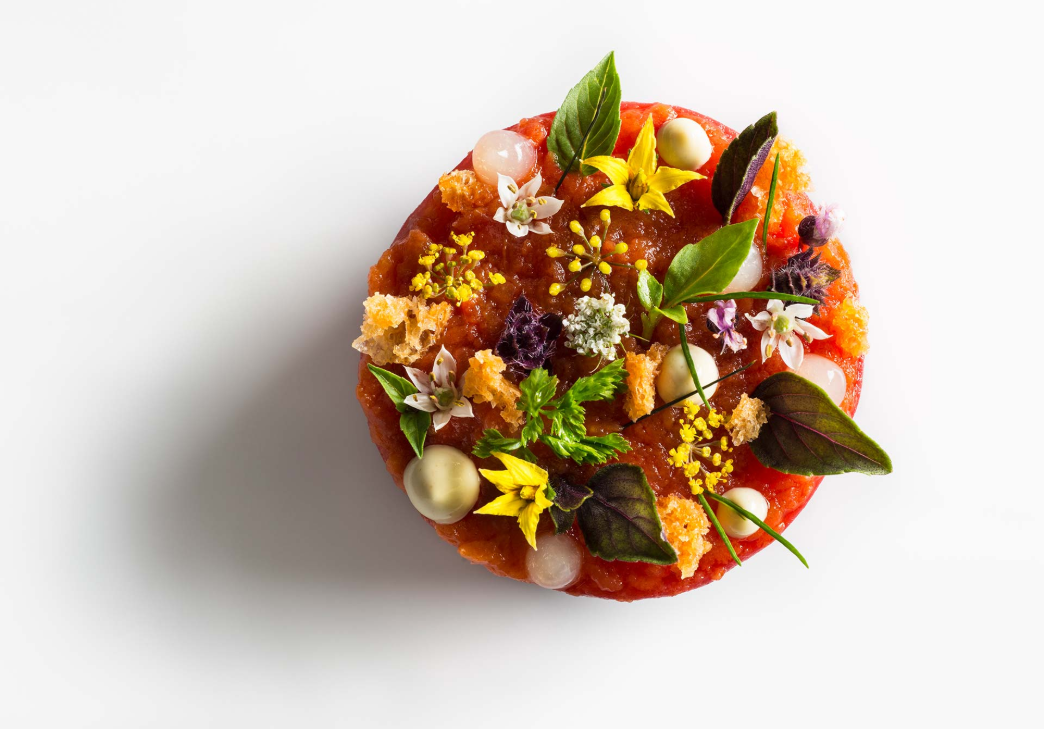
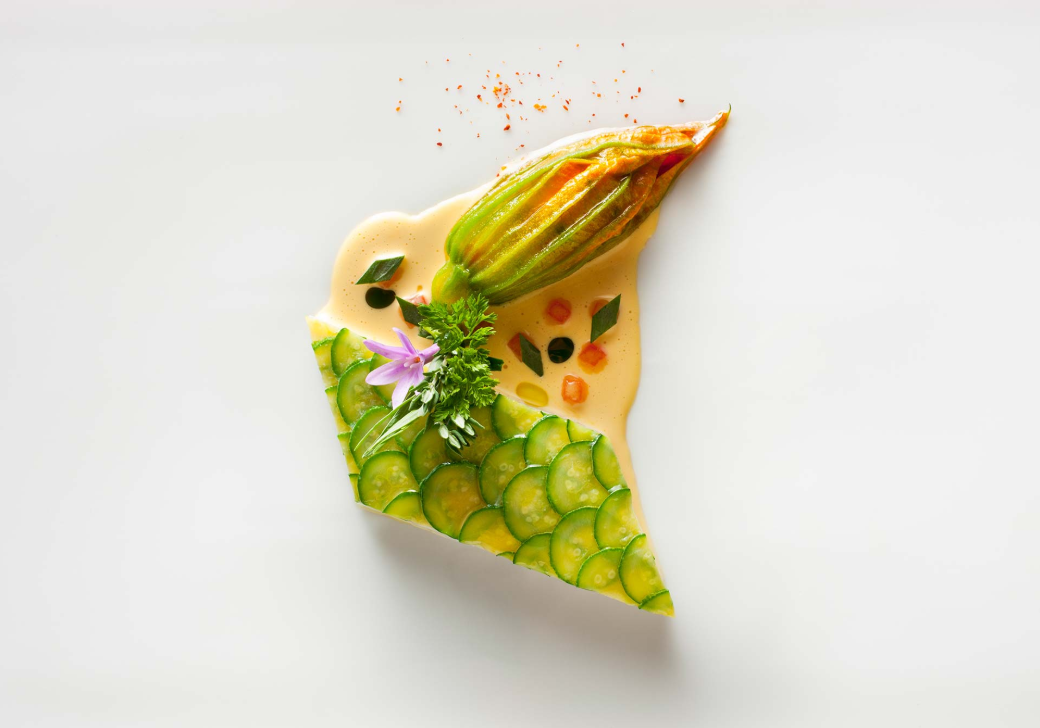
What cooking techniques and recipes would you recommend to young people who have just started cooking on their own?
I think the most important thing a young chef can do is to really take the time to learn the craft of cooking. It’s not something that happens quickly -- it’s about repetition, focus, and putting in the time to learn everything properly. Learn as much as you can in every experience and opportunity you're given and work hard.
How do you define success?
Success for me is getting to wake up every day and do what I love to do with the people I respect and admire most. I feel really lucky that cooking is both my passion and my profession.
